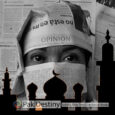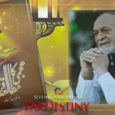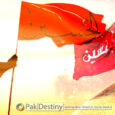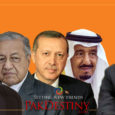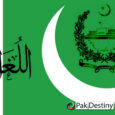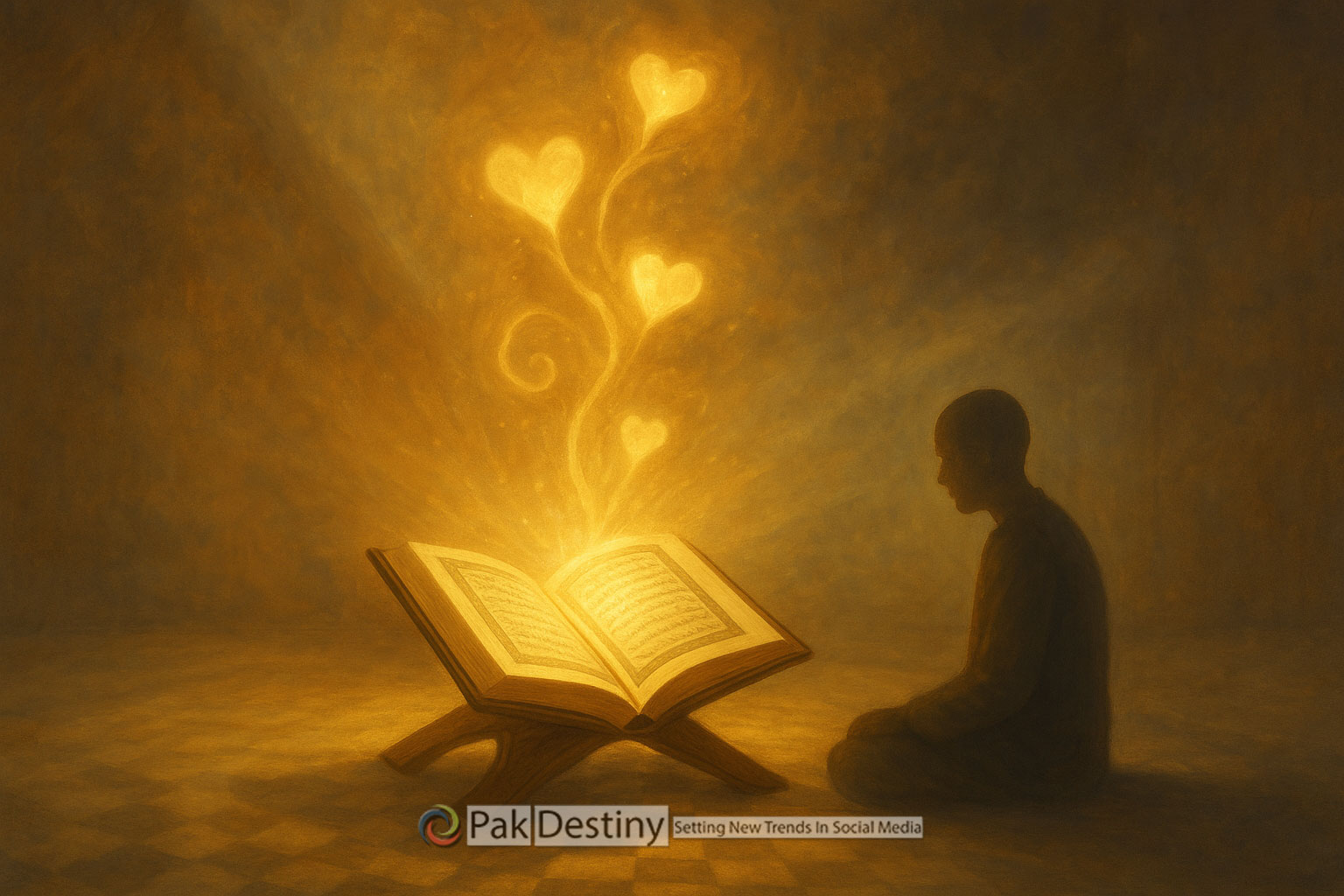
By Amjad Ali Siddiqui
Praise be to Allah, the Most Merciful, Who revealed the Qur’an — a book that purifies hearts, enlightens minds, and heals the human spirit.
The Soul and the Heart
Human beings are composed of both body and soul (17:8. The body is earthly, nourished by food; the soul (rūḥ), originating from Allah, is sustained by zikr, salat, and the Qur’an. When deprived of this nourishment, the soul weakens just as the body does without food. The heart (qalb) is the king of the human body, it feels, decides, and directs every action. The Prophetصلى الله عليه وسلم said, “There is a piece of flesh in the body; if it is sound, the whole body is sound, and if it is corrupt, the whole body is corrupt — it is the heart.” Allah does not look at appearances but at hearts and deeds (Muslim 6543). Allah knows what lies within our hearts, for He is closer to us than our jugular vein (50:16). Emotions, motivations, and intentions all originate here.
Dimensions of the Heart
The Qur’an refers to the heart in several ways. Qalb denotes intellect and faith, where taqwa and eemaan reside (8:2, 49:14). The heart, like the eye, perceives truth through the light of revelation; without that light, it becomes blind (22:46). Fu’ād represents emotions — fear, joy, and passion — stabilized only through faith (28:10). Lubb is the heart’s innermost core, the seat of tawheed and wisdom, possessed by the people of understanding (ulu-l-albāb) (39:17–18).
Sadr refers to the heart’s outer layer, where expansion or constriction occurs and where Satan whispers (6:125, 114:5).
Nafs and Its Purification
Within every human exists the nafs — the inner self that battles between desire and conscience. The Qur’an describes three states:
Nafs al-Ammārah — the self that commands evil (12:53),
Nafs al-Lawwāmah — the self-reproaching soul (75:2), and
Nafs al-Mutma’innah — the tranquil soul at peace with its Lord (89:27–28).
Purification (tazkiyah) of Nafs comes through following the Prophet’s صلى الله عليه وسلم Sunnah, engaging
in zikr and Qur’anic reflection, and keeping the company of the righteous. Resisting vain desires strengthens the soul, while surrendering to them darkens the heart.
Types of Hearts
The Qur’an mentions three spiritual states of the heart:
1. The Dead Heart — sealed by sin and heedlessness (2:7).
2. The Sick Heart — afflicted with arrogance, jealousy, and hypocrisy (2:10).
3. The Healthy Heart (Qalb-e-Saleem) — pure, balanced, and free from spiritual disease (26:89). Only such a heart will be accepted on the Day of Judgment. Love of Allah and His Messenger صلى الله عليه وسلم purifies this heart, making obedience a source of joy.
Satan — Humanity’s Greatest Enemy
Satan swore to mislead humankind (2:34–38, 4:118–120). With each person, there is a Satan(43:36) who waits for moments of heedlessness to whisper evil into the heart. The eyes and ears act as gateways; misuse them, and Satan enters — but with remembrance of Allah, Satan retreats (114:4–5). Following his footsteps leads to immorality (24:21). He deceives by making sins appear attractive, surrounding the sinner with companions who beautify falsehood and pull him deeper into misguidance (35:8). The Qur’an warns that he attacks from every direction (7:16–17), threatens with poverty (2:268), and manipulates desires with false promises (4:120)
Spiritual Diseases of the Heart
The Prophet صلى الله عليه وسلم said: “When a person sins, a black spot appears on his heart. If he repents, it is removed; if he persists, it spreads until the heart is covered.” (83:14). Two major diseases afflict the heart:
The Disease of Doubts — distancing one from Allah and leading to shirk and hypocrisy (9:45, 24:50). Doubt blinds the heart to truth.
The Disease of Desires — when one follows worldly pleasure, Allah seals the heart and veils the sight (45:23).
Guidance and Reflection
The heart governs all human actions. It guides the mind, providing both intention and energy for execution. Emaan (faith) is the heaviest and most precious occupant of the heart, but it resides only in one free from shirk and hypocrisy. In a diseased heart, its space contracts, leaving room for worldly anxieties and desires (59:9, 64:16). There is a profound connection between the Qur’an and the heart nothing benefits it more than the words of Allah. Submitting to personal desires while disregarding divine guidance, however, leads to misguidance.
Devoting all effort to worldly gain while imagining righteousness is, as the Qur’an says, the ultimate loss (18:103–104). Humans are granted freedom of choice (76:3, 91:8); success lies in obeying Allah and following the Prophet صلى الله عليه وسلم. One must constantly examine the heart, 90 % of sins stem from one or two significant weaknesses that lead to an imbalanced heart.
The Transformative Power of the Qur’an
The Qur’an is an eternal miracle (29:51) — a source of guidance, mercy, and healing for hearts (10:57, 45:20). It is the rope of Allah that unites believers (3:103) and a light (noor) that dispels darkness (24:35). It broadens vision, calms the soul, and reveals life’s true worth beyond materialism (18:46, 57:20). The Qur’an removes blindness and rust from the heart,
increases faith (8:2), and protects believers from deviation (49:7). It instills fear of Allah, calling sinners back to His forgiveness (39:55). This transformation happens through Allah’s mercy and the healing power of His words (17:82, 41:44). The Qur’an strengthens faith, brings peace, and stabilizes heart (13:28). Its blessings unfold for those who recite it, reflect, and listen attentively (38:29, 39:18). Prayer, charity, and belief in the unseen prepare the heart to receive this guidance (2:3–5). Each person has his personality matrix (17:84), and the Qur’an influences it according to its capacity. As the Qur’an guides to truth, Satan strives to divert humans from it for when hearts are illuminated, his power fades.
Conclusion
The Qur’an guides to the most just path (5:15, 7:157). It is better than all that people strive to amass (10:57–58). Its power is so immense that, if revealed upon a mountain, the mountain would crumble in awe of Allah (59:21).

